Future Of Gaming: FTC's Appeal Against Microsoft's Activision Deal
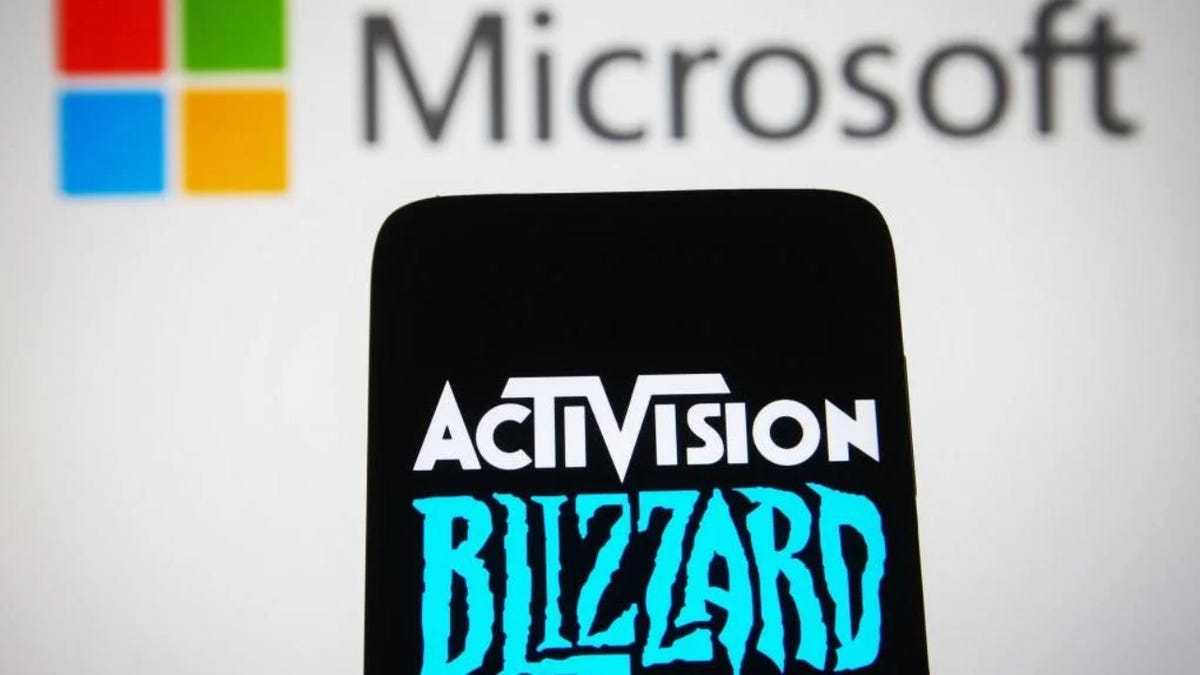
Table of Contents
The deal, valued at a staggering $68.7 billion, would bring iconic franchises like Call of Duty, World of Warcraft, Candy Crush, and many more under Microsoft's umbrella. The FTC, however, argues that this merger poses a significant threat to competition, potentially stifling innovation and harming consumers. This appeal is not simply a corporate squabble; it’s a landmark case with far-reaching consequences for the future of the gaming industry and how antitrust laws are applied in the tech sector.
The FTC's Antitrust Concerns and Arguments
The FTC's primary concern centers on the potential for Microsoft to leverage its control over Activision Blizzard's popular game franchises to stifle competition. Their arguments revolve around several key points:
- Reduced Competition in the Console Gaming Market: The FTC argues that the merger would significantly reduce competition in the console gaming market, giving Microsoft an unfair advantage over rivals like Sony's PlayStation. The acquisition could lead to a near-monopoly in certain game genres.
- Potential for Anti-Competitive Practices: The FTC fears that Microsoft could engage in anti-competitive practices, such as raising prices, limiting availability, or degrading the quality of Activision Blizzard games on competing platforms. The potential for "bundling" Activision Blizzard titles exclusively with Xbox Game Pass is another significant concern.
- Concerns about Microsoft's Control over Key Game Franchises: The FTC highlights the immense popularity and influence of franchises like Call of Duty, expressing worry that Microsoft could leverage this control to harm competitors by making games exclusive to its ecosystem or significantly degrading their quality on other platforms. This could lead to a significant shift in market share and consumer choice.
- Impact on Subscription Services Like Game Pass: The FTC also scrutinizes the potential impact on subscription services, arguing that the merger could give Microsoft an unfair advantage in the growing subscription gaming market, potentially pushing smaller competitors out. The concern is the creation of a "monopoly power" through exclusive content.
Microsoft's Defense and Counterarguments
Microsoft, naturally, vehemently denies the FTC's allegations. Its defense rests on several counterarguments:
- Claims of Increased Competition and Benefits for Consumers: Microsoft asserts that the merger will ultimately benefit consumers by increasing competition and innovation, leading to a wider variety of games and better value for money.
- Promises to Maintain Call of Duty's Availability Across Platforms: A crucial element of Microsoft's defense is its repeated pledge to maintain Call of Duty's availability on PlayStation and other platforms, emphasizing its commitment to fair competition. This commitment, however, remains subject to scrutiny.
- Focus on Expanding Game Pass and Making Games More Accessible: Microsoft highlights its plan to expand Game Pass, making more games accessible to a broader audience. They argue this will increase consumer choice and affordability.
- Concessions Offered During Legal Proceedings: Microsoft has made various concessions throughout the legal proceedings, including offers to license Call of Duty to competitors, in an attempt to alleviate the FTC's concerns. The effectiveness of these concessions is still being debated.
The Impact on the Gaming Landscape
The outcome of the FTC's appeal will profoundly impact the gaming landscape, regardless of the decision.
- Effect on PlayStation and Other Gaming Platforms: If the deal is blocked, PlayStation and other competitors will likely breathe a sigh of relief. However, if it proceeds, these platforms could face a significant challenge in competing with Microsoft's expanded game library and the potential for exclusive titles.
- Changes in Game Pricing and Distribution Models: The merger could lead to changes in game pricing and distribution models, with the potential for both increased prices and a shift towards subscription services as the dominant model.
- Potential Shift in the Power Dynamics Within the Gaming Industry: A successful acquisition would undeniably shift the power dynamics within the gaming industry, consolidating more power in the hands of Microsoft.
- Impact on Game Development and Innovation: The long-term effects on game development and innovation are uncertain. While some argue that greater resources could lead to more ambitious projects, others fear it could stifle creativity and smaller developers.
The Broader Implications of the FTC's Action
The FTC's actions carry significant implications beyond the gaming industry:
- Setting a Precedent for Future Antitrust Cases: The outcome of this case will undoubtedly set a precedent for future antitrust cases involving large tech companies, influencing how regulatory bodies approach mergers and acquisitions in the tech sector. This includes the application of antitrust laws in the rapidly evolving digital market.
- The Evolving Role of Regulatory Bodies: This case highlights the evolving role of regulatory bodies in overseeing tech mergers and acquisitions, underscoring the need for robust regulatory frameworks to address the unique challenges posed by the tech industry.
- Potential Impact on Innovation and Competition Across Various Tech Sectors: The implications extend beyond gaming, potentially influencing mergers and acquisitions across various tech sectors, including social media, cloud computing, and artificial intelligence. The focus on preventing monopolies and promoting competition is central to these discussions.
[Link to relevant news article 1] [Link to relevant news article 2] [Link to relevant legal document]
Conclusion: The Future of Gaming Remains Uncertain – Understanding the FTC's Activision Blizzard Appeal
The FTC's appeal against Microsoft's Activision Blizzard acquisition is a pivotal moment for the gaming industry. Both sides present compelling arguments, highlighting the complex interplay between competition, innovation, and consumer welfare. The ultimate decision will have far-reaching consequences, shaping the future of gaming for years to come and setting a precedent for future mergers and acquisitions within the tech industry. To stay informed about this crucial case and its impact on the future of gaming, follow the news closely, subscribe to relevant newsletters, and follow key figures on social media. Understanding the intricacies of the FTC's appeal against Microsoft's Activision Blizzard acquisition is crucial for navigating the ever-evolving landscape of the gaming world.

Featured Posts
-
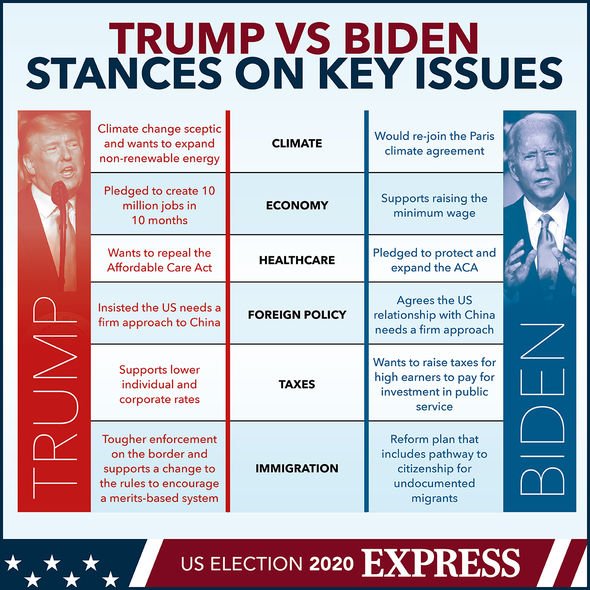 Trump Vs Biden A Clash Of Words And Policies
May 16, 2025
Trump Vs Biden A Clash Of Words And Policies
May 16, 2025 -
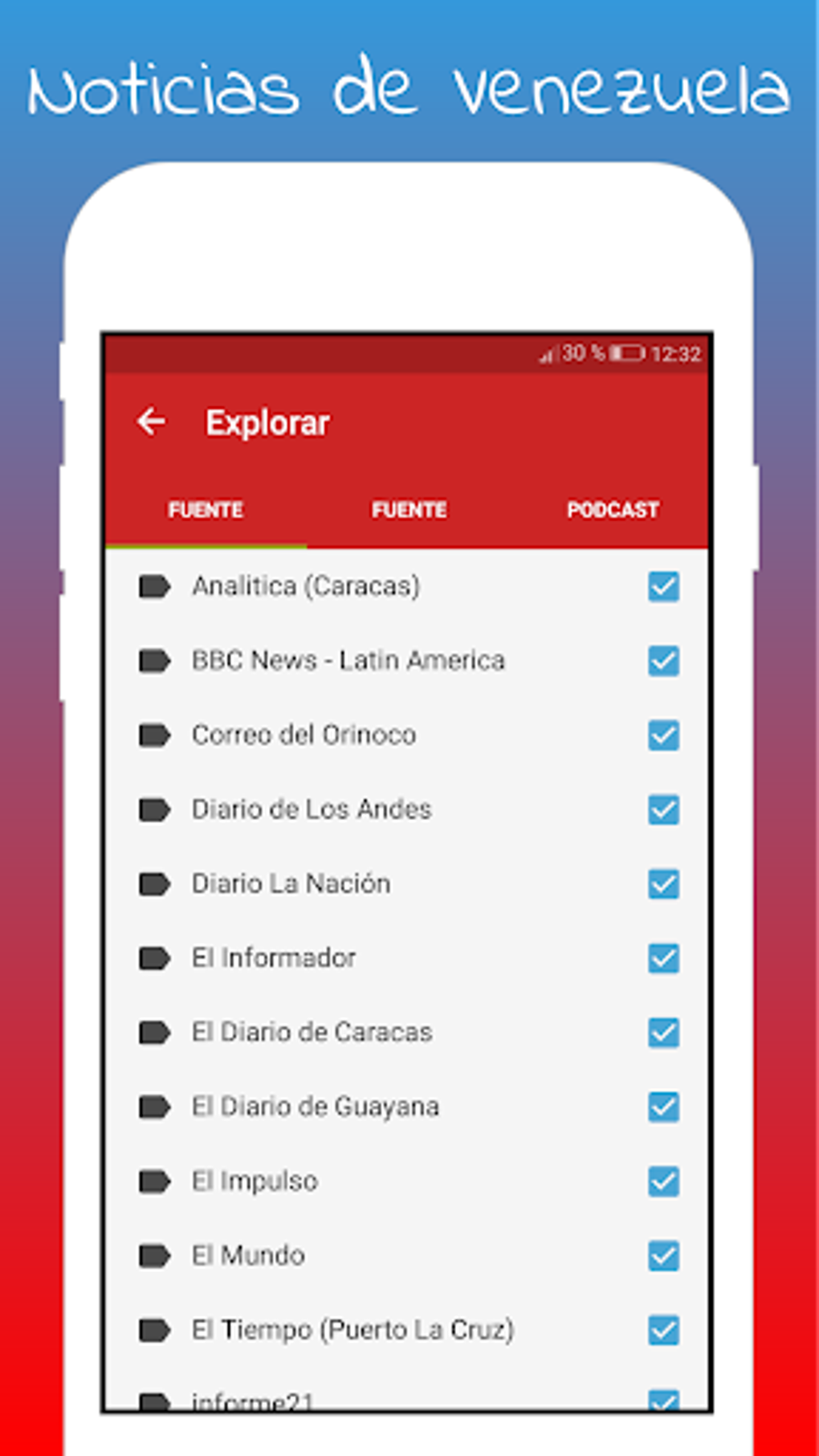 Ver Venezia Napoles En Directo Online
May 16, 2025
Ver Venezia Napoles En Directo Online
May 16, 2025 -
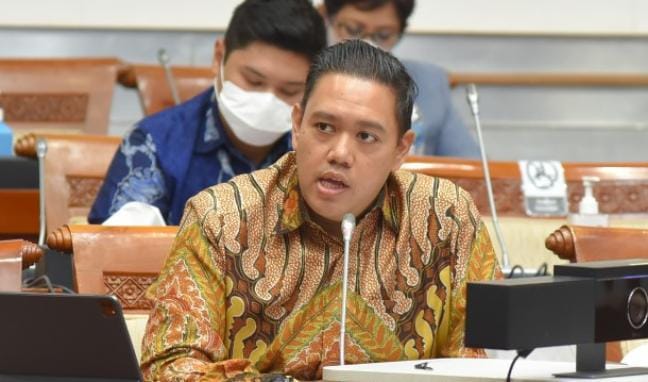 Lindungi Warga Pesisir Dpr Dukung Pembangunan Tembok Laut Raksasa
May 16, 2025
Lindungi Warga Pesisir Dpr Dukung Pembangunan Tembok Laut Raksasa
May 16, 2025 -
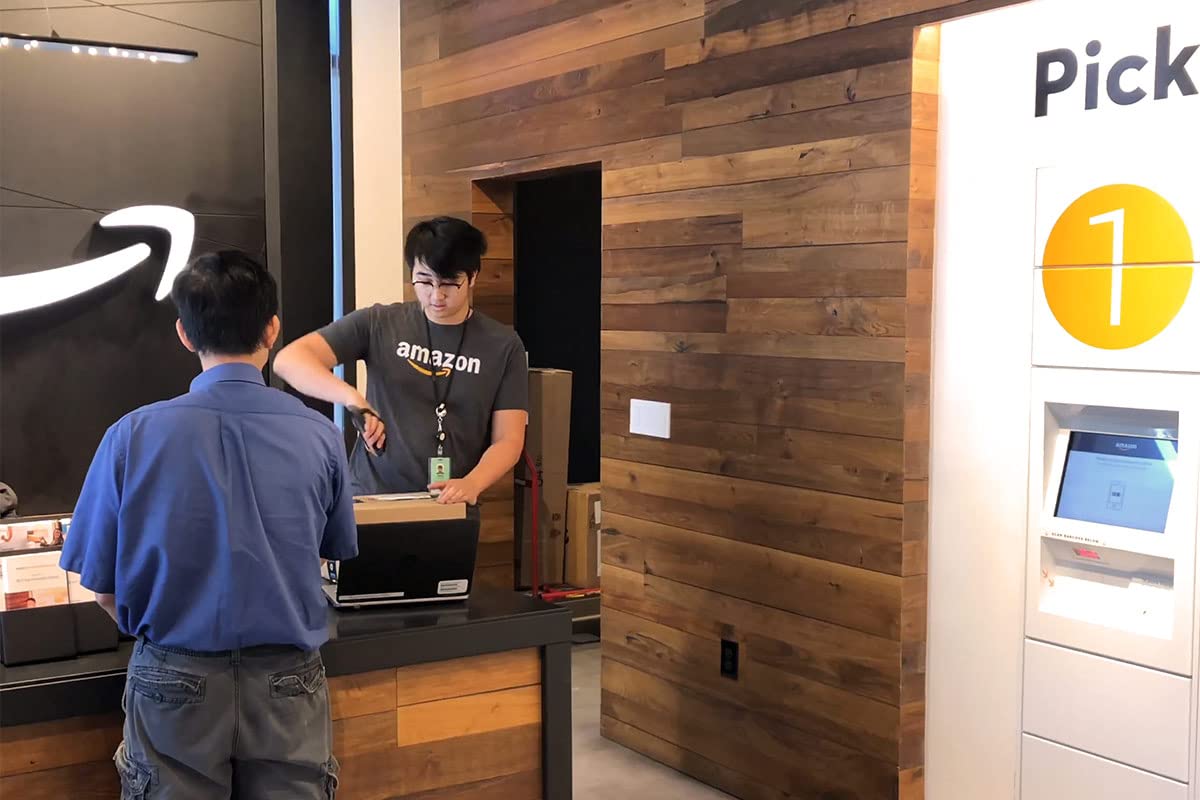 Unlocking Opportunities Become An Amazon Locker Host Today
May 16, 2025
Unlocking Opportunities Become An Amazon Locker Host Today
May 16, 2025 -
 Nba World Reacts Jimmy Butler Injury And Game 4 Implications
May 16, 2025
Nba World Reacts Jimmy Butler Injury And Game 4 Implications
May 16, 2025
